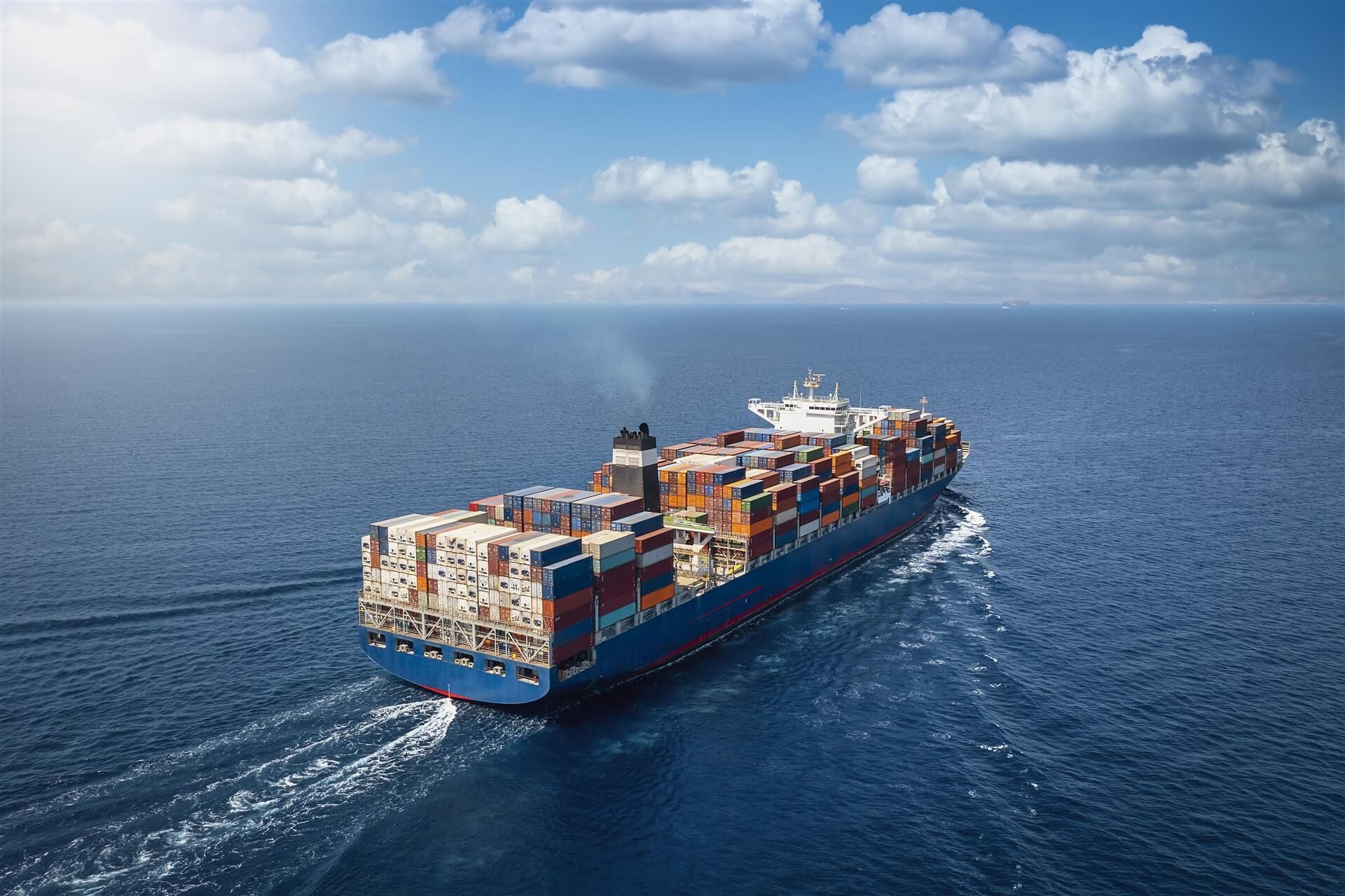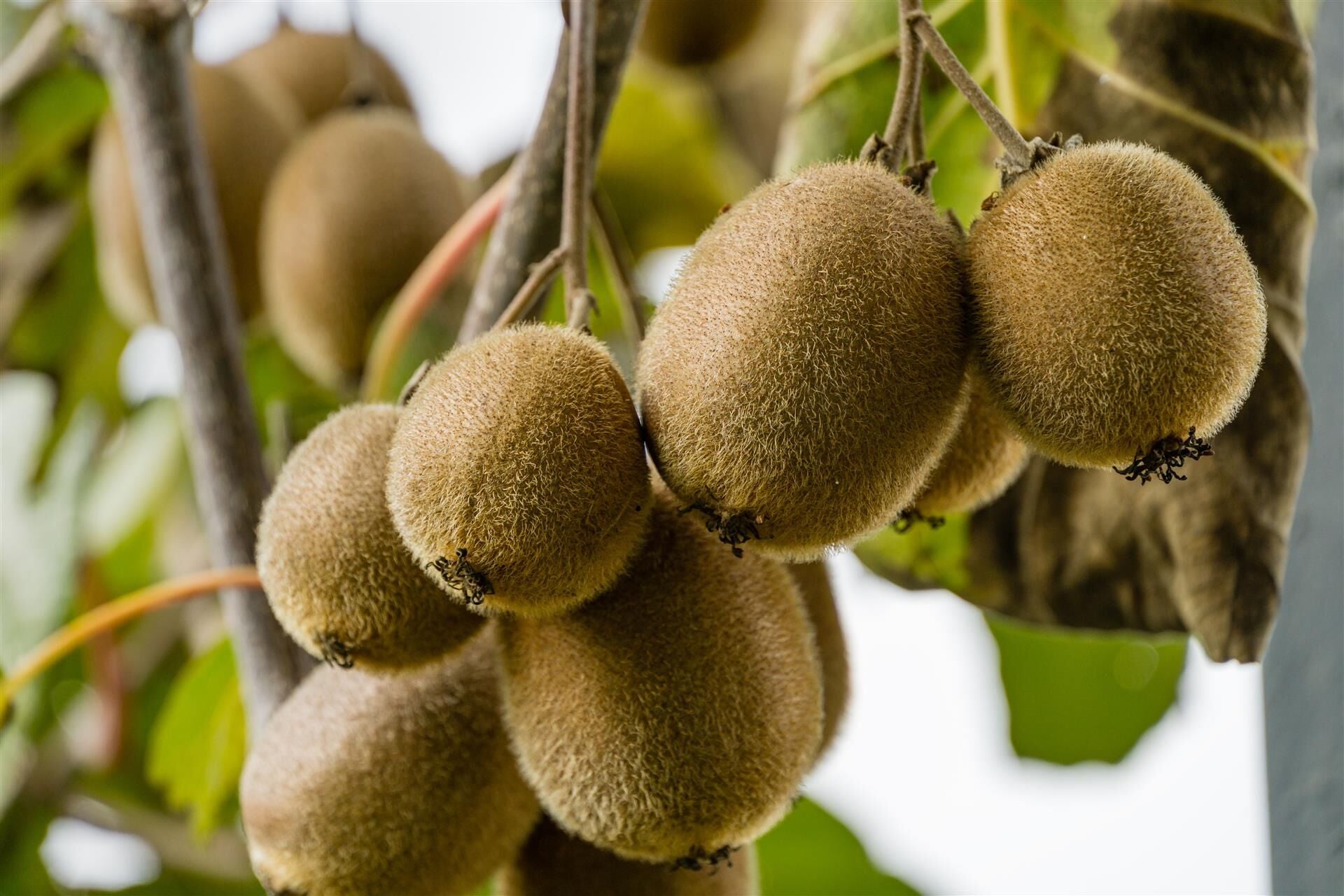Ship loads of produce flow despite shaky supply lines.

But the past two years have had that usual level of preparedness extended even further, beyond the farm gate and well down the primary sector supply chain, providing consumers and NZ Inc. with a level of security far from guaranteed in many other developed economies struck by Covid.
It has been Covid’s appearance two years ago that has driven this level of preparedness, turning up on New Zealand’s doorstep just as the primary sector was about to launch into peak harvest and processing season.
Almost overnight the sector geared up to keep staff safe while continuing to harvest, process and ship products, with no reported closures of orchards, processing plants, packhouses or ports from Covid. It was a contrast to most of our larger trading partners which faced widespread outbreaks in meat plants and ports, undermining food security.
Two years on, as Omicron continues to lurk among the population, that level of preparedness is now baked into the sector with its “critical worker” status founded on strong safety protocols and business continuity planning that puts the country again on a good footing to continue earning its keep with our trading partners.
Downstream beyond the farm and orchard gate the primary sector has managed to not only continue processing, but also continue shipping high quality, Covid-free produce and red meat to markets eager to pay a premium for nutrient dense, naturally produced food.
This has come at a time when the world is enduring the worst supply chain crisis since World War II, with major delays in shipping and transport for almost all products, anywhere on the planet.
Bayleys National Rural Director Nick Hawken says New Zealand’s ability to prove it can continue to supply high quality food and nutrition to the world has not gone unnoticed. It has added another layer of integrity and respect to the regard Kiwi farmers and processors are held in internationally.
“In the past year that ability has been maintained, but also challenged even further,” he says.
Huge online demand for goods purchased during lockdowns and surges of Covid outbreaks through ports and logistics firms have dealt a double whammy never anticipated at the start of the Covid pandemic.
Shipping reliability here in New Zealand fell to an all-time low of less than 10% late last year as lines dropped port calls and ship rotations.
With 80% of the world’s shipping ownership now concentrated within four main companies, New Zealand’s position as the “last stop on earth” for calls could have made this country’s ability to secure capacity a tough one.
But shipping continuity in and out of New Zealand, even if stressed, has been managed thanks in part to the primary sector’s ability to secure critical bargaining mass with the country’s two largest food processors Silver Fern Farms and Fonterra aligning within the logistics company Kotahi.
The collaboration now includes 40 exporters and has provided the primary sector with vital negotiating ability to keep the country on the global shipping giants’ schedules.
This collaboration resulted in Fonterra managing to ship a record total of 2.59 million tonnes of product in one of the most challenging shipping years ever, and four percent up on any other year.
Associated companies also enjoyed the slipstream laid down by the collaboration’s big players, with NZ Wool Services also reporting a record year for export volumes.
Zespri also reported a record export year, and good supply line security thanks to its investment in specialised chartered reefer vessels committed to fresh produce storage and transport.
The kiwifruit marketing company saw that fleet augmented with the addition of three brand new vessels to contribute to the 57 charter reefer vessel voyages delivering fruit to Asia, Northern Europe, and the Mediterranean.
The reefer charters gave the company greater flexibility and capacity security at a time when conventional shipping reliability was plunging and transported almost 70% of the year’s record 180 million trays.
Now well into another harvest season, those ships continue to prove their value in keeping supply secure.
Meanwhile thanks to much behind the scenes relationship building, New Zealand’s primary sector also enjoys a high level of respect among customs and trade officials when products get to market.
Ministry for Primary Industries staff in China are held in high regard for their efforts to ensure New Zealand’s primary produce complies on arrival with the country’s biosecurity and “zero Covid” protocols.
Given the premium consumers are prepared to pay for fresh, ready to eat products, ensuring they can cross the wharves and make it to retail outlets smoothly and quickly, is a little noticed but vital requirement for exporters.
“There has been a lot of work for a long time behind the scenes amid the supply chains, from the farm gate to final shelf, and while it may have gone unheralded over the past months those decisions have ensured producers continue to export, consumers continue to receive products, and the primary sector economy continues to function.
“The primary sector should have an immense sense of pride of the strategic planning of their supply chain, as I am sure quietly in the background it provides a level of assurance to investors and financiers alike that the sector is well placed as the world adapts to Covid’s presence,” says Hawken.

Read more...